Atomic Lobster is a band from the lively Stuttgart music scene, consisting of Ella Estrella Tischa (guitar/vocals), Daniel Herrmann (bass/vocals) and Armando Bleher (drums). Inspired by greats such as PJ Harvey and Radiohead, they have developed their own unmistakable sound. Their music, a skilful fusion of grunge with nuances of soul and trip-hop, pays tribute to their nostalgia for the 90s while bringing new, unmistakable sounds into play.
CLAWS out now!
CLAWS is the debut album by ATOMIC LOBSTER.Born from a dynamic collaborative process between Stuttgart and Berlin, the album captures the complexities of our era with unwavering authenticity. With its playful arrangements and experimental tones evoking a mix of sensitivity, fury, and fervor, the trio sets forth on the CLAWS TOUR 2024.
indieBerlin: Tell us a little bit about your musical background
Ella (Atomic Lobster): (also answers the question”How did you get together as a band?”) I grew up in a musical family, frequently visiting my father’s studio and attending my parents’ concerts. At nine, I took guitar lessons for two years from a close family friend. However, it wasn’t until I was fifteen that I formed my first band, which played a few gigs before disbanding just before our first studio recordings.
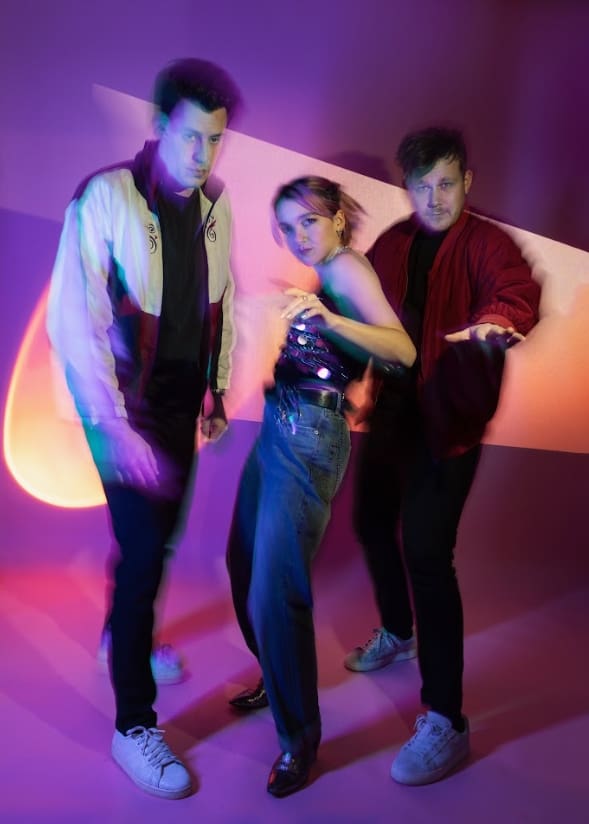
My parents and I moved from Stuttgart to Schorndorf, which happened to have a vibrant music scene. There, I started performing solo and experimented with my sound. At sixteen, I met Dani, and a year later, we performed together in a band. Although that project and several others ended quickly, Dani and I have been making music together for thirteen years in various formations. He’s an incredibly talented bassist and singer. As a teenager, I was a huge fan of his band’s concerts. Our similar songwriting approaches and vocal timbres make our duets our superpower.
Mando, an exceptional drummer, has been playing in bands since he was fifteen and had notable performances with his first band, FRIEDER. We’ve known each other for years, and I’ve always admired his work.
I’m grateful that after all these years, we’ve come together and remain passionate about making music. Despite many failed band projects, we continue to create and refine our sound together.
indieBerlin: How did you come up with the name Atomic Lobster?
Armando (Atomic Lobster): Lobsters are compelling creatures and we took an interest in their social behaviour and the theory that a lobster grows infinitely under perfect conditions. In another discussion about these animals, the name “atomic lobster” came up and struck us. It’s also an idea of a dynamic lobster that shows supernatural signs, but in a rather implicit way.
indieBerlin: Tell us something about yourself that you always wanted to say but no one has ever asked you yet.
Armando (Atomic Lobster): Nobody ever asks about the moments behind the stages and recordings. We always have fun times, because our senses of humour match in a drolly way and allow us to enjoy the time together even if we are not on a musical agenda. I guess this is also a fact that gets overlooked with many artists but really makes it an integral part of the experience.
indieBerlin: How does the songwriting process work for you / in your band?
Ella (Atomic Lobster): The songwriting process for our band is quite unique, mainly because we live in different cities. I reside in Berlin, while the other guys are in Stuttgart. Despite this challenge, whenever we manage to find some free time and come together without any specific goals, we often end up creating some very cool song sketches quite quickly. The tricky part is that this usually happens spontaneously and unexpectedly—it’s pretty magical. When everything just clicks for all of us, we hit the record button and try to capture and reproduce that moment. This kind of songwriting is what I personally enjoy the most. As for the lyrics, I often write down fragments of ideas on my phone. Over time, this has turned into a sort of “lexicon” that I revisit to build a complete world out of these fragments. When I don’t want to process anything overly personal, I find it helpful to create fictional scenarios and characters for the songs.
indieBerlin: If your music was a movie, which genre would it be in?
Armando (Atomic Lobster): A film-noir drama with exciting bits and a lasting impression to think about.
Ella (Atomic Lobster): If our music were a movie, it would definitely be a Quentin Tarantino film! Just like his unmistakable style, our music is a blend of several genres. It’s a unique combination of crime, action, thriller, black comedy, and drama. Tarantino often incorporates elements of neo-noir and westerns into his films, and I would say we kind of do the same with our music.
indieBerlin: Tell us a secret about yourself.
Armando (Atomic Lobster): I hope our band never breaks up. If it does, I think the traumatic impact will be harder than any relationship break-up I ever had.
Daniel (Atomic Lobster): I can fully endorse this statement.
Ella (Atomic Lobster): Absolutely!
Another thing I’d like to say is that we wouldn’t be able to create our art without our fantastic network of friends who support us and help us with all our projects, recordings, videos, and photoshoots.There’s so much love and energy put into everything we do, and that’s not something we take for granted.
indieBerlin: Where do you get your inspiration from?
Armando(Atomic Lobster): Music, life, sadness, loneliness, affirmation, traumas and love
Ella (Atomic Lobster): I completely agree with what Mando says! For me, it’s often concert visits and albums. Sometimes I find myself in the audience, watching the artists, and I get completely mesmerized, thinking, “Wow, this is amazing, I want to do exactly that.” There are also albums that really blow me away and expand my horizons. This truly drives me to try new things and keep playing.
indieBerlin: What music do you listen to when you’re touring?
Ella (Atomic Lobster): We often dive into our nostalgia collection, sharing and enjoying old favorites. But we also love to introduce each other to new music, artists, and albums we’ve recently discovered and are excited about. It’s wonderful to have those hours on the road to share and celebrate music together.
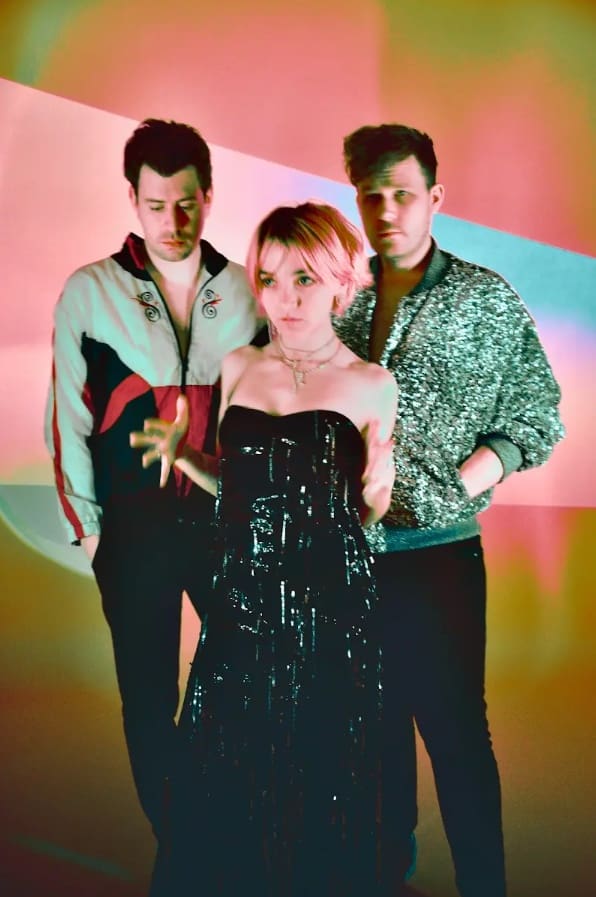
Armando (Atomic Lobster): We have a mutual taste in music and everyone of us has a slightly different peculiarity.
While touring in June, I remember driving back from a concert at night with Ella and we listened through the whole “Origins of Symmetry” record by Muse.
indieBerlin: What was your biggest stage fuck-up?
Daniel (Atomic Lobster): As a teenager, I played with my punk rock band in the basement of an old squat. The basement was packed with people and we played the intro to our concert. When the first song really got going, I always jumped into the air at our concerts. However, I hadn’t realized that day that the ceiling of the basement room was damn low. Knocked myself out. Must have looked hilarious.
indieBerlin: How do you think the audience in Berlin is different to the audience in Stuttgart?
Ella (Atomic Lobster): Although I have to say that Stuttgart has a pretty solid music scene and dedicated concert-goers. In Stuttgart, the scene is centered around a few key venues,, where you can attend a concert “blind” and trust it will be well-curated. And I noticed that we also have a few loyal fans who travel from town to town for our shows in and around Stuttgart. The art and music scene in Berlin is, of course, overwhelming, so it’s incredible that despite the abundance of options, many people still come to our shows in Berlin.
indieBerlin: How would you like to see the music industry changing?
Daniel (Atomic Lobster): The uprising of music streaming is a double-edged sword. It was disruptive in so many ways. It has liberalized the music market and the gatekeepers have been disempowered. Today it’s not the labels who decide what kind of music is available on the market. Bands can distribute on their own easily and can be successful, if they find their individual audience. On the other hand, music streaming devalued music as a product and decreased the income for musicians immensely. And for us as a band it’s not our main goal to become rich. But we would like our music to be valued, to pay for our upkeep and especially pay everyone working with us adequately.
indieBerlin: How would you define indie? What do you personally think it means?
Daniel (Atomic Lobster): I have to answer that from two different points of view. For me as a music consumer the term “indie” is deeply connected with a lifestyle from my teenage years. It was more than just music. It was a scene, identity-forming and ultimately also a form of differentiation from the mainstream. Bands like Bloc Party, Franz Ferdinand, The Strokes and Interpol were my musical socialization. Which obviously has an impact on my musical work today. As a musician, “indie” is still a music genre for me, but one that has developed significantly in terms of sound compared to the 00s indie bands. The horizon has broadened and transcends musical boundaries. Besides the music, I connect “indie” with some kind of a DIY-culture. So, in conclusion I would consider our band as an indie band – even though we don’t sound like The Strokes.
indieBerlin: What do you like most about indieBerlin?
Daniel (Atomic Lobster): The interviews with musicians! I love to get insights on the musicians’ thoughts behind their music. What made them write their songs and sometimes a little secret regarding the recording process. As a musician myself I always try to learn new things and approaches – regardless of the genre.
All band photos byLea Röwer
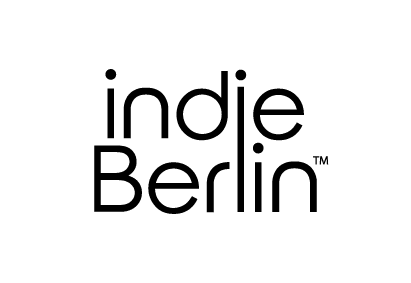
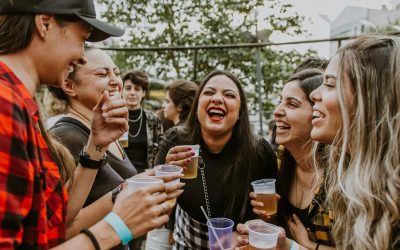
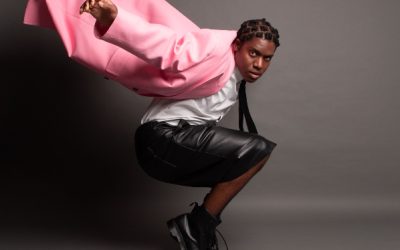
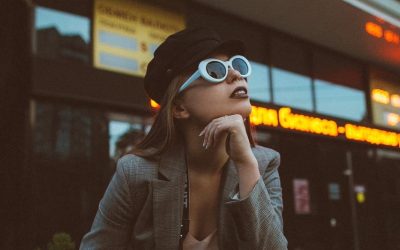
0 Comments